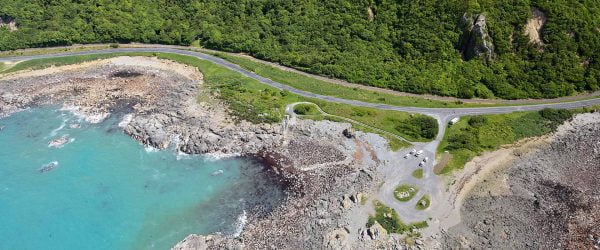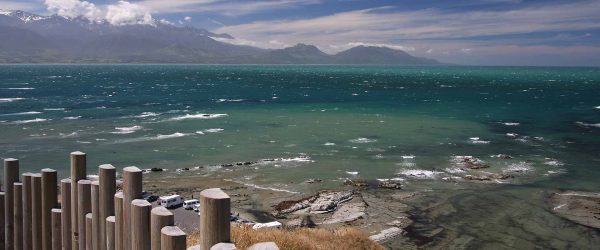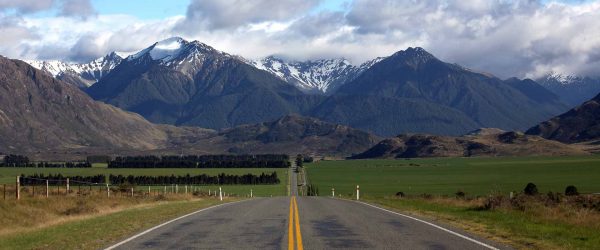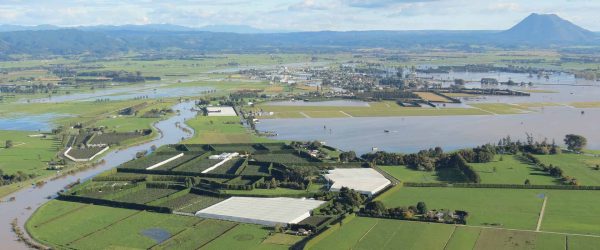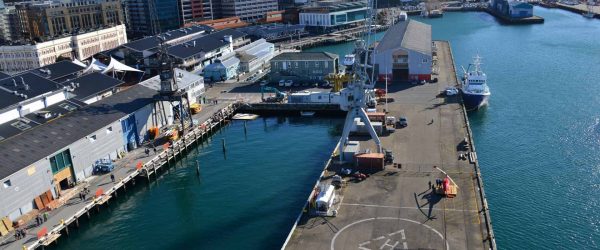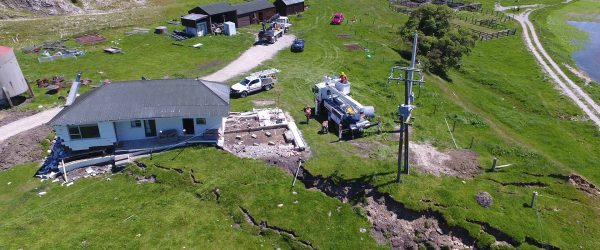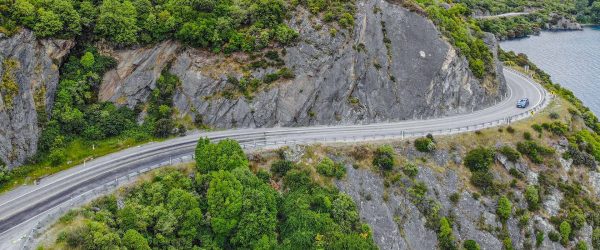Project Summary
The Motivating Resilience project built on existing risk sharing toolkits and financial interventions to develop insurance law and initiatives that increase resilience across Aotearoa New Zealand. Through researching the insurance response following the Christchurch Earthquakes, the project identified how and when the insurance system did not incentivise risk reduction, speed up recovery, enable productive investments, or protect the vulnerable parts of our society. Based on this, the project made government submissions advocating for several updates to insurance law that will enable Aotearoa New Zealand to be more “resilient to nature’s challenges”.
Resources from this project
Defining Build-Back-Better after Disasters with an Example: Sri Lanka’s Recovery after the 2004 Tsunami.
Noy I, De Alwis D, Ferrarini B, Park D. 2020. Defining build-back-better after disasters with an example: Sri Lanka's recovery after the 2004 Tsunami. International…
The Measurement of Disaster Risk: An Example from Tropical Cyclones in the Philippines
Yonson R, Noy I, Gaillard J. 2018. The measurement of disaster risk: an example from tropical cyclones in the Philippines. Review of Development Economics. 22(2):736-765.…
Household Vulnerability on the Frontline of Climate Change in Tuvalu
Taupo T, Cuffe H, Noy I. 2018. Household vulnerability on the frontline of climate change: the Pacific atoll nation of Tuvalu. Environmental Economics and Policy…
Resilience and housing markets: Who is it really for
Squires G, White I. 2019. Resilience and housing markets: who is it really for? Land Use Policy. 81:167-174. doi:10.1016/j.landusepol.2018.10.018.
Economic Vulnerability and Resilience to Natural Hazards: Concepts and Measurements.
Noy I, Yonson R. 2018. Economic vulnerability and resilience to natural hazards: a survey of concepts and measurements. Sustainability. 10(8):2850. doi: 10.3390/su10082850.
Natural disasters and firms in Vietnam
Vu TB, Noy I. 2018. Natural disasters and firms in Vietnam. Pacific Economic Review. 23(3):426-452. doi.org/10.1111/1468-0106.12184.
Insuring Property under Climate Change.
Storey B, Noy I. 2017. Insuring property under climate change. Policy Quarterly. 13(4):68-74. doi.org/10.26686/pq.v13i4.4603.
The Economics of Disaster Risk and Impacts in the Pacific
Edmonds C, Noy I. 2018. The economics of disaster risks and impacts in the Pacific. Disaster Prevention and Management: An International Journal. 27(5):478-494. doi:10.1108/DPM-02-2018-0057.
To Leave or not to Leave? Climate Change, Exit, and Voice on a Pacific Island.
Noy I. 2017. To leave or not to leave? Climate change, exit, and voice on a Pacific Island. CESifo Economic Studies. 63(4):403-420. doi:10.1093/cesifo/ifx004.


